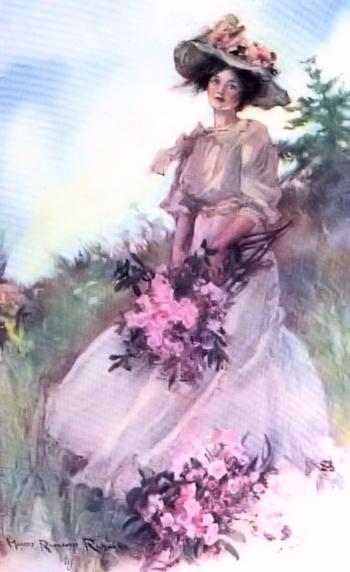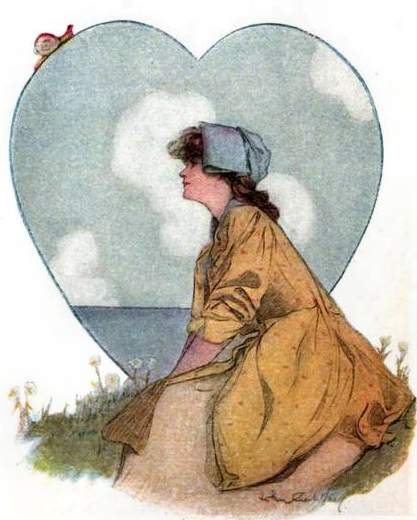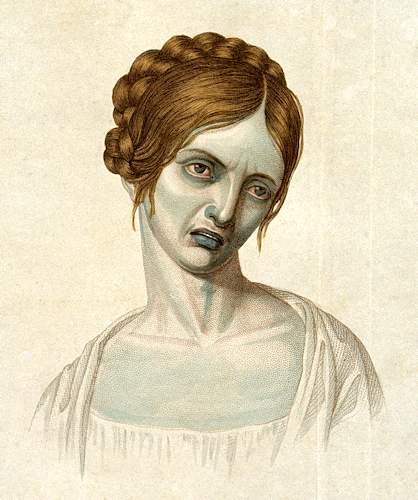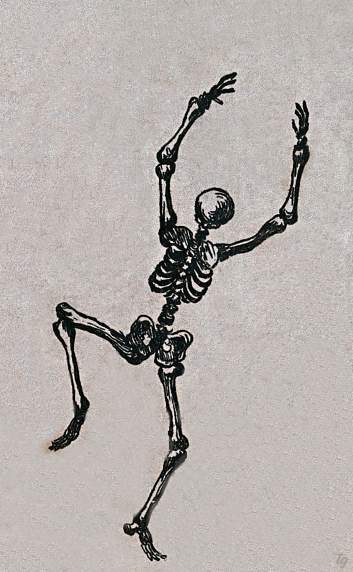THE LEADEN ECHO
How to kéep—is there ány any, is there none such, nowhere known some, bow or brooch or braid or brace, láce, latch or catch or key to keep
Back beauty, keep it, beauty, beauty, beauty,… from vanishing away?
Ó is there no frowning of these wrinkles, rankèd wrinkles deep,
Dówn? no waving off of these most mournful messengers, still messengers, sad and stealing messengers of grey?
No there ’s none, there ’s none, O no there ’s none,
Nor can you long be, what you now are, called fair,
Do what you may do, what, do what you may,
And wisdom is early to despair:
Be beginning; since, no, nothing can be done
To keep at bay
Age and age’s evils, hoar hair,
Ruck and wrinkle, drooping, dying, death’s worst, winding sheets, tombs and worms and tumbling to decay;
So be beginning, be beginning to despair.
O there ’s none; no no no there ’s none:
Be beginning to despair, to despair,
Despair, despair, despair, despair.
THE GOLDEN ECHO
Spare!
There ís one, yes I have one (Hush there!);
Only not within seeing of the sun,
Not within the singeing of the strong sun,
Tall sun’s tingeing, or treacherous the tainting of the earth’s air,
Somewhere elsewhere there is ah well where! one,
One. Yes I can tell such a key, I do know such a place,
Where whatever ’s prized and passes of us, everything that ’s fresh and fast flying of us, seems to us sweet of us and swiftly away with, done away with, undone,
Undone, done with, soon done with, and yet dearly and dangerously sweet
Of us, the wimpled-water-dimpled, not-by-morning-matchèd face,
The flower of beauty, fleece of beauty, too too apt to, ah! to fleet,
Never fleets móre, fastened with the tenderest truth
To its own best being and its loveliness of youth: it is an everlastingness of, O it is an all youth!
Come then, your ways and airs and looks, locks, maiden gear, gallantry and gaiety and grace,
Winning ways, airs innocent, maiden manners, sweet looks, loose locks, long locks, lovelocks, gaygear, going gallant, girlgrace—
Resign them, sign them, seal them, send them, motion them with breath,
And with sighs soaring, soaring síghs deliver
Them; beauty-in-the-ghost, deliver it, early now, long before death
Give beauty back, beauty, beauty, beauty, back to God, beauty’s self and beauty’s giver.
See; not a hair is, not an eyelash, not the least lash lost; every hair
Is, hair of the head, numbered.
Nay, what we had lighthanded left in surly the mere mould
Will have waked and have waxed and have walked with the wind what while we slept,
This side, that side hurling a heavyheaded hundredfold
What while we, while we slumbered.
O then, weary then whý should we tread? O why are we so haggard at the heart, so care-coiled, care-killed, so fagged, so fashed, so cogged, so cumbered,
When the thing we freely fórfeit is kept with fonder a care,
Fonder a care kept than we could have kept it, kept
Far with fonder a care (and we, we should have lost it) finer, fonder
A care kept.—Where kept? Do but tell us where kept, where.—
Yonder.—What high as that! We follow, now we follow.—Yonder, yes, yonder, yonder,
Yonder.
—Gerard Manley Hopkins (1844–1889), “The Leaden Echo and the Golden Echo,” maidens’ song from the unfinished tragedy St. Winefred’s Well, in Poems of Gerard Manley Hopkins, now first published, edited and with notes by Robert Bridges, 1918








